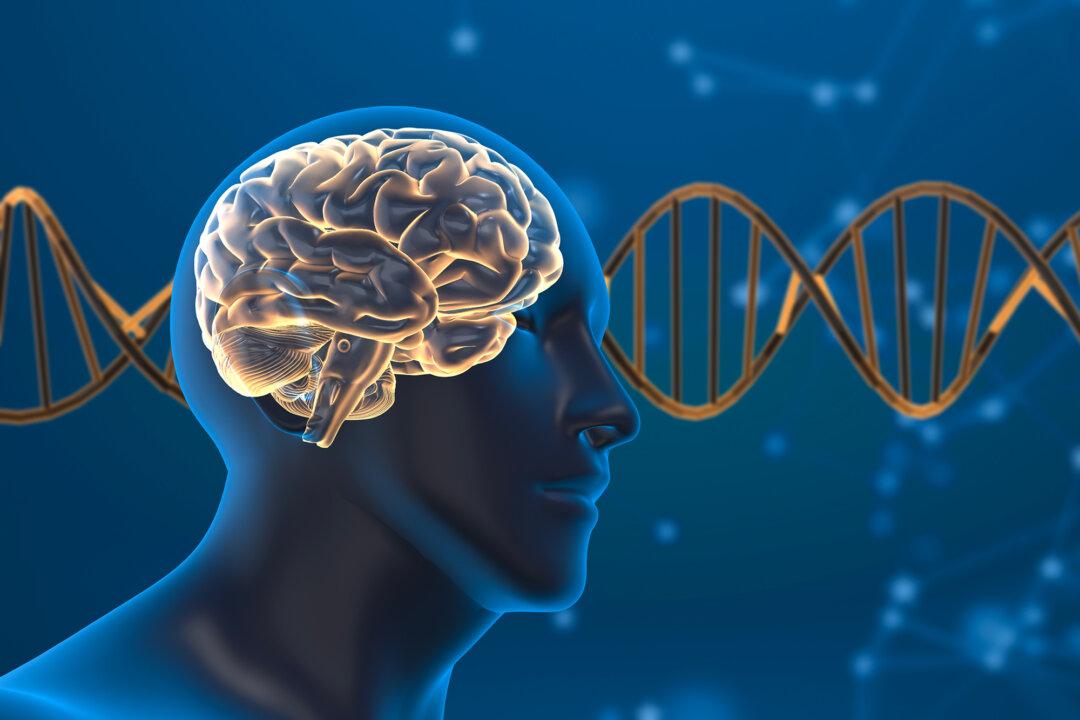Approximately 1 in every 100 adults will be diagnosed with schizophrenia in their life.
The condition affects many aspects of a patient. Notably, it can lead to hallucinations, issues with memory, and behavioural problems.

Approximately 1 in every 100 adults will be diagnosed with schizophrenia in their life.
The condition affects many aspects of a patient. Notably, it can lead to hallucinations, issues with memory, and behavioural problems.